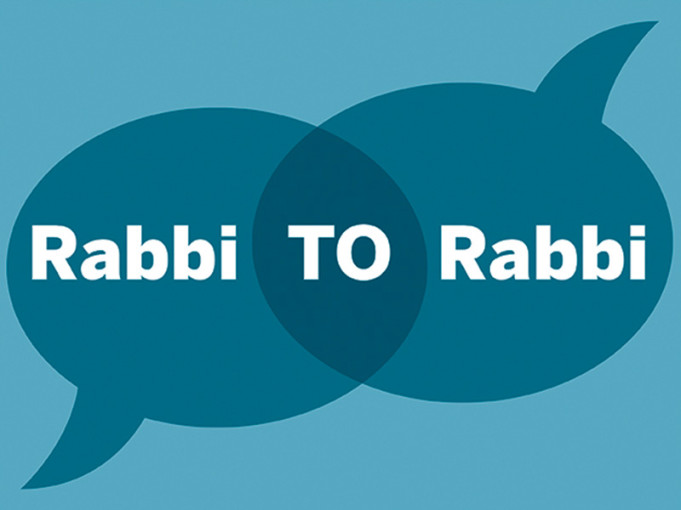Traditional textual sources refer to both familial and communal aspects of Pesach. Is it preferable to spend the holiday’s first nights with your relatives over your community?
Rabbi Raysh Weiss
Shaar Shalom Congregation, Halifax
Rabbi Debra Landsberg
Temple Emanu-El, Toronto
Rabbi Weiss: Whenever I poll my Hebrew school students on their favourite Jewish holidays, their top two are always Hanukkah and Passover. I would have predicted the former as a perennial front-runner, but the latter comes as a bit of a surprise. And yet, ultimately, these two holidays share something vitally important: the emphasis on home-based ritual.
We live in a time when the future of brick-and-mortar houses of worship may appear shaky, but the appeal of home-centred holidays is undeniable. Whether it’s the Passover seder or lighting the hanukkiah, families feel empowered by the relative freedom and creative licence these holidays grant them to celebrate with their families in their own homes, and, by doing so, to make these holidays truly their own.
In order to ensure that all who wish to can participate, some communities host communal Passover seders. Other communities encourage individual families and friends to join together in their private homes to celebrate in a more personal, domestic setting. Which model speaks most to you and why?
Rabbi Landsberg: Certainly for many of us, our most powerful notions of Jewishness come from the memories of hagim celebrated in past years – Pesach around the family table in particular. Yet there is a growing number of Jewish people for whom this is not their reality, so I’d want to make the case for the intensity that can be found outside the family home.
In this moment, so many people come to Judaism alone, or through religious awakening find themselves compelled by a Jewish soulfulness that is out of sync with their family. This has come to mean that, for some, the kehillah (congregation) is the only place to “do Jewish” with the support of others in a similar pursuit.
And even for those who come from large families of committed Jews, there is undoubtedly power in going to synagogue on one’s own. Without history or baggage, you can give yourself to the moment. The power of a kehillah is that your Jewish soul is not defined by who you were born to, but by its own yearnings and the path you have chosen.
Rabbi Weiss: Our tradition leaves room for both models. On the one hand, in the narration of the Torah’s original Passover story, we learn that every person, of each family, must partake of the iconic korban Pesach (paschal lamb sacrifice), which culminates in some unusual interior doorpost decorating. On the other hand, the Passover haggadah underscores the collective nature of our redemption. The Mishnah, in Chapter 9 of Pesachim, even speaks of groups of people (havurot) offering up their sacrifices together. And yet, the haggadah “script” is written specifically in the context of a family, with parents narrating to inquiring children.
When we participate in the seder, we are simultaneously enacting the miracle of Passover on the level of family and within the broader framework of peoplehood. The Mishnah, in particular, emphasizes the ways in which we are responsible to ensure that everyone – including and especially the poorest among us in our community – enjoys a seder. Therefore, we can conclude that both communal and family seders have an important role to play in the celebration and enjoyment of the holiday.
Rabbi Landsberg: It’s also interesting to reflect on the dual nature of Pesach in another way. As Michael Walzer has written in an imperishable manner in Exodus and Revolution, our Pesach redemption story is claimed by liberation movements the world over. The vivid account of a people released from bondage with Divine assistance resonates beyond the Jewish people. It is an emblematic parable for national liberation. It is hard not to be stirred to see this story in the story of so many others.
The haggadah recounts our totemic story of national liberation, but it is also the story of Jews standing together with gratitude and a distinct purpose. Every Pesach I tell my children directly: you sit here because your life is not random, but rather the self-conscious decision to bring souls into this world expressly for the purpose of standing with the Jewish people. You are but the latest generation that will do its best to be equal to this epic story.
